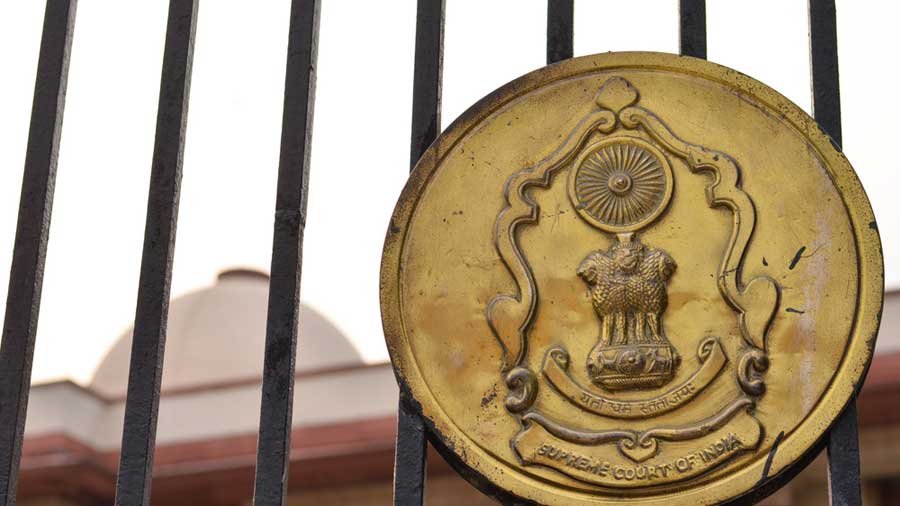Transparency in the communication of information has been upheld by the Supreme Court in two recent hearings. The context of both cases was the second surge of Covid-19 infections and the common issue was the media’s right to communicate information freely. Reportedly describing the second surge of Covid-19 infections as a national crisis, the Supreme Court said that grievances expressed by citizens on social media platforms cannot be treated as wrong information. Action taken against people asking for help with oxygen, medicines or hospital beds was the ‘worst way’ to deal with a crisis, which the Supreme Court would consider contempt of court. This strong message was for all states and chiefs of police at a time when suppression of Covid-related data is believed to be contributing to the countrywide tragedy. The Supreme Court also emphasized that citizens’ voices should be heard. This is pertinent not only in relation to uncovering how acute the crisis is, but it also assails the culture of suppression that ignores democratic and humanitarian rights. The Uttar Pradesh administration, for example, is trying to silence such online messages with the National Security Act.
In another hearing, the Supreme Court made clear that it would restrain neither high court judges from making comments besides passing orders nor the media from reporting the ‘dialogue’ that takes place within courts. It was not enough just to report the order. This was said in response to the Election Commission’s plea against the comments of the Madras High Court last month and the media’s reporting of them. The high court had held the EC responsible for the unmanageable spread of the virus through election rallies and had also said that its officials could be booked for murder. The Supreme Court said in effect that judges were free to ask uncomfortable questions, while ‘dialogue’ with lawyers was an integral part of the adjudication process. Equally important was the reporting of these details, particularly with regard to matters of public interest. People had a right to know about the approach of the courts and that there was genuine application of mind to the issue. But transparency is also dependent on responsible media. The Supreme Court called the media the watchdog of democracy. Falling short of this status would make the media’s role meaningless.











